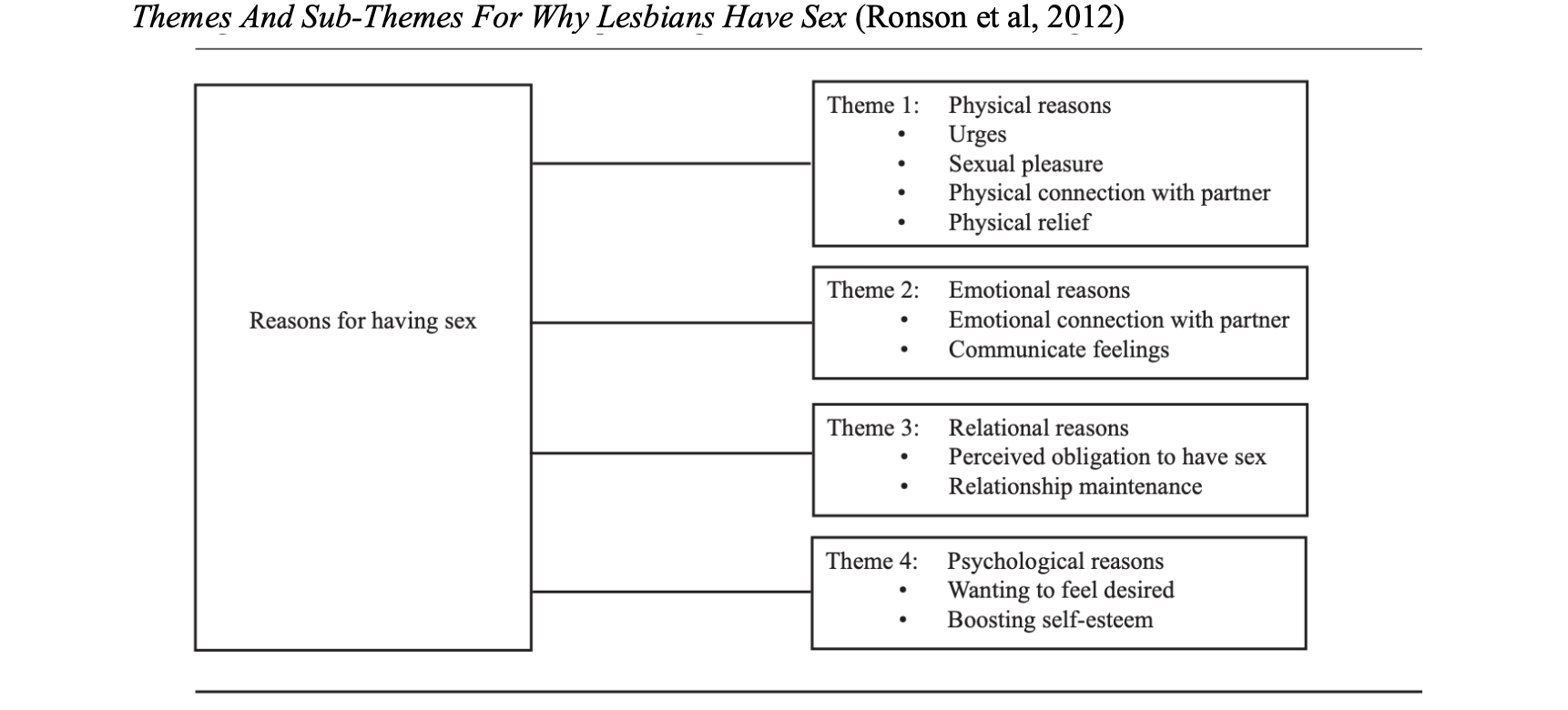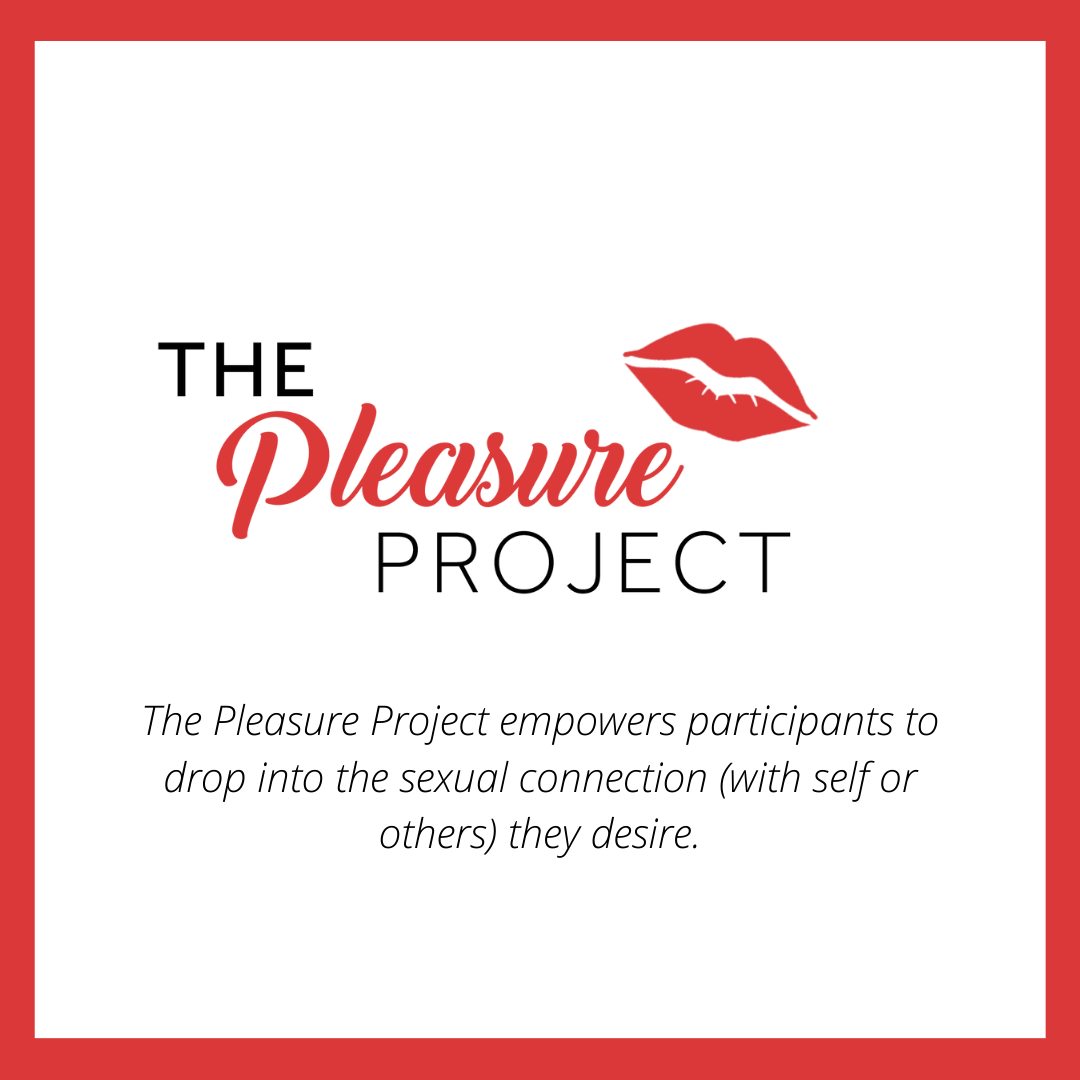There’s a long-standing joke that therapy starts with “tell me about your mother.” While everything…

The Function of Sex
One of the questions I often ask my clients is why – simply why do you want to have a different or “better” s*x life? It seems like a given that everybody would want this, and yet most people don’t stop to articulate the why to themselves.
I find that if we don’t articulate our reasons from the outset, often I’m doing more work than they are. I’m convincing them of how we’re going to tackle a problem that they’re not completely sold on solving.
There is a concept in psychology that illustrates how people continue doing things that are against their stated goals or desires, because they are getting “secondary gains” out of it. This would be an example that would show up in the bedroom: a client might come into my office for sex therapy, claiming they want to have more desire, yet they feel ambivalent about their sex life because they don’t particularly like the quality of the sex they’re having. Or they’re mad at their partner, or they are exhausted as a new mom, or they have discomfort or awkwardness when they have sex. So, while in their mind, they want to have a great sex life, they don’t actually know that they have the wherewithal to eliminate the barriers that tend to get in the way of improving the situation.

The above graphic charts out reason for having sex as discovered by researchers.
Women vary from day to day and may even have several, simultaneous reasons at play. Let’s circle back to the original question of why do you want this? It’s okay if the answer is simply, “I want to have a harmonious marriage “or “I’ve heard that a great sex life improves overall quality of life or mood.” It’s also okay if it’s a reflection of self-reclamation. Truthfully, there might also be competing goals or reasons.
Additionally, reasons might change over time or in various contexts. People are not in a steady state of mood, but rather they evolve, or they respond to context. There’s a myriad of reasons why people want a better sex life, but they must be honest with themselves and able to claim the “why” for us to come up with a “how.”
Understanding what affects their willingness, and their desire is going to be hugely important when we try to help them move closer to their goal.
Some questions to consider:
- When do I feel most playful, open, curious?
- When I think about my best sexual experiences in the past, what was happening personally or relationally in those moments?
- What do I wish my partner knew about me sexually?
 Ready to unpack your own relationship to sex? Contact Dr. Jenn for therapy. Or you might also consider joining the next Pleasure Circle. You can find out more at my website: Pleasure Project or tune into the Pleasure Project podcast for volumes of free, rich content about women’s pleasure journey.
Ready to unpack your own relationship to sex? Contact Dr. Jenn for therapy. Or you might also consider joining the next Pleasure Circle. You can find out more at my website: Pleasure Project or tune into the Pleasure Project podcast for volumes of free, rich content about women’s pleasure journey.
Are you ready to join the conversation? Do you have topics you’d like to hear more about? Send Dr. Jenn Kennedy an email with questions and she may address it in a future newsletter or the Pleasure Project Podcast.




This Post Has 0 Comments